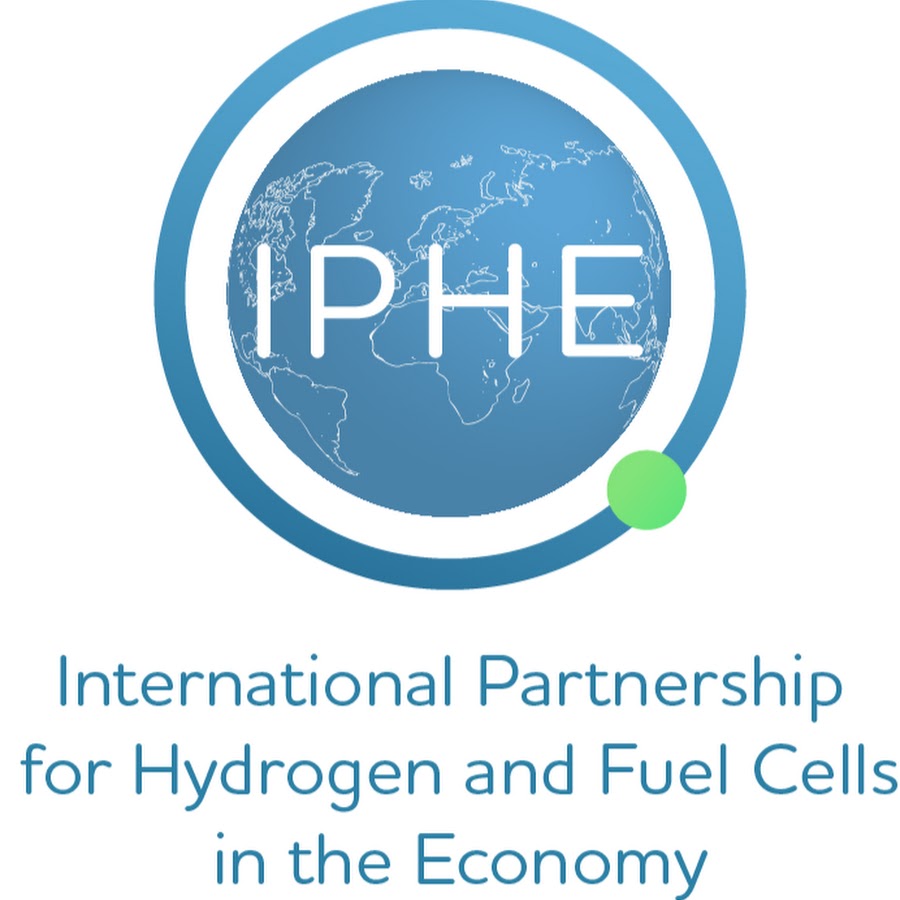Food Safety and Standards Authority of India (FSSAI)
Why in News: Due to the increasing frequency of foodborne illnesses such as food poisoning and diarrhea, the Food Safety and Standards Authority of India (FSSAI) is actively engaged in establishing a network of 34 microbiology laboratories nationwide. These labs will be fully equipped to conduct tests on food products for the presence of 10 different pathogens.
Table of Contents
ToggleAbout Food Safety and Standards Authority of India (FSSAI)
- Establishment and Authority: FSSAI is an independent body established under the Ministry of Health and Family Welfare, Government of India. It operates under the framework of the Food Safety and Standards Act of 2006, which consolidates laws pertaining to food safety and regulation in India.
- Vision: FSSAI aims to contribute to building a healthier India by ensuring citizens have access to safe and nutritious food, thereby preventing diseases and promoting well-being.
- Mission: The agency strives to establish globally recognized standards for food safety, promote adherence to these standards among food businesses, encourage good manufacturing practices and hygiene, and ultimately facilitate access to safe and appropriate food for all citizens.
Functions:
- Regulatory Oversight: FSSAI is entrusted with the responsibility of safeguarding public health by regulating and supervising food safety measures.
- Standardization and Licensing: It establishes standards and guidelines for various food products and oversees the licensing, registration, and accreditation processes for food business operators.
- Food Licensing Requirement: Anyone engaged in selling or importing food in India must obtain a food license issued by FSSAI.
- Monitoring and Inspection: FSSAI directly monitors compliance with food regulations, particularly in the realm of food imports. Officials conduct inspections and testing of imported food products to ensure they meet safety standards.
- Accreditation of Testing Laboratories: FSSAI oversees the accreditation of food testing laboratories across India.
- Food Certification: The agency is responsible for certifying food products in India, specifying enforcement systems for its standards, accrediting certification systems, and certifying food safety management systems for food businesses.
Source: IE
Battle of Okinawa
Why in News: Recently, the United States repatriated twenty-two historical artifacts to Japan, which had been looted in the aftermath of the Battle of Okinawa during World War II.
About Battle of Okinawa
- Significance and Duration: The Battle of Okinawa, lasting from April 1 to June 21, 1945, marked the final major conflict of World War II and was one of the deadliest.
- Combatants and Location: The battle took place between U.S. and Japanese forces on Okinawa, the largest of the Ryukyu Islands, situated approximately 350 miles from mainland Japan.
- Strategic Importance: Okinawa’s possession of four airfields made it a crucial target for the Americans, as it could facilitate both tactical and strategic air operations. Its capture was seen as a crucial precursor to a ground invasion of Japan.
- Operation Iceberg: The invasion of Okinawa, codenamed Operation Iceberg, commenced on April 1, 1945, along with other islands in the Ryukyus.
- Scale of Assault: It represented the largest amphibious assault in the Pacific War, involving over 1,500 ships of various types. The total American forces numbered around 548,000, including approximately 183,000 combat troops for the assault.
- Casualties and Losses: American forces suffered significant casualties, with over 49,000 casualties, including more than 12,500 killed or missing, by the time Okinawa was secured on June 22, 1945. Okinawan civilians bore a heavy toll, with estimates suggesting up to 150,000 killed. Approximately 110,000 Japanese defenders perished.
- Impact on Strategy: The staggering casualties and ferocious fighting on Okinawa prompted military planners to reassess plans for the invasion of Japan.
- Influence on Atomic Bombings: The Battle of Okinawa directly influenced the American decision to deploy atomic bombs on Hiroshima and Nagasaki, as it underscored the anticipated high cost of a ground invasion of Japan.
Source: HT
European Union’s Artificial Intelligence Act
Why in News: European Parliament legislators recently endorsed the Artificial Intelligence Act with a strong majority, paving the way for this groundbreaking legislation to become effective by the year’s end.
About European Union’s Artificial Intelligence Act
- World’s First Comprehensive Legislation: The EU Artificial Intelligence Act represents the first comprehensive law globally regarding artificial intelligence.
- Regulation Scope: It establishes regulations and directives addressing specific risks associated with AI deployment, particularly in areas like biometric authentication, facial recognition, and high-risk domains such as healthcare, as well as concerns regarding deep fakes.
- Categorization and Approach: The legislation adopts a horizontal, risk-based approach, applicable across various sectors of AI development. It classifies AI into four categories: Prohibited, high-risk, limited-risk, and minimal-risk.
- Prohibited Activities: Systems engaging in activities violating or threatening human rights, such as social scoring or mass surveillance, are outright banned.
- High-Risk Systems: Technologies with significant impacts on individuals’ lives and rights, such as those used in biometric identification or education, health, and law enforcement, are categorized as high-risk. They must adhere to stringent requirements, including human oversight and security assessments, before market entry.
- Limited-Risk Systems: AI systems involving user interaction, such as chatbots and image-generation programs, are classified as limited-risk. They are mandated to inform users about AI interaction and allow opt-out options.
- Minimal-Risk Systems: Widely used AI systems posing negligible risk, like spam filters and smart appliances, fall under the minimal-risk category. While exempt from strict regulation, they still need to comply with existing laws.
- Applicability and Penalties: The law applies to all companies operating within the European Union. Penalties for non-compliance could amount to up to 7% of global turnover or €35 million, whichever is higher.
- Consumer Rights: The legislation ensures consumers have the right to lodge complaints regarding inappropriate AI use by businesses and to receive meaningful explanations for AI-driven decisions affecting their rights.
Source: IE
International Partnership for Hydrogen and Fuel Cells in the Economy (IPHE)
Why in News: India hosts 41st IPHE meeting, focuses on accelerating hydrogen economy
About International Partnership for Hydrogen and Fuel Cells in the Economy (IPHE)
- Establishment and Membership: IPHE was founded in 2003 as an international inter-governmental partnership. It currently comprises 23 member countries along with the European Commission.
- Objective: The primary goal of IPHE is to facilitate and expedite the transition toward cleaner and more efficient energy and mobility systems through the utilization of fuel cells and hydrogen technologies.
- Functional Role: IPHE serves as a platform to coordinate and execute international activities related to hydrogen and fuel cell technologies, encompassing research, development, demonstration, and commercialization endeavors.
- Information Sharing: The partnership facilitates the exchange of information regarding policies, technology statuses, initiatives, codes, and standards, aiming to hasten the cost-effective adoption of fuel cells and hydrogen in various sectors of the economy.
- Stakeholder Engagement: IPHE engages with diverse stakeholder groups, including policymakers and the general public, to communicate the benefits and challenges associated with the widespread commercialization of hydrogen and fuel cell technologies.
- Membership: IPHE’s membership includes a diverse array of countries, namely Australia, Canada, European Commission, India, Netherlands, Switzerland, Austria, Chile, France, Italy, Norway, UAE, Belgium, China, Germany, Japan, South Africa, United Kingdom, Brazil, Costa Rica, Iceland, South Korea, Singapore, and the United States.
Source: IE






